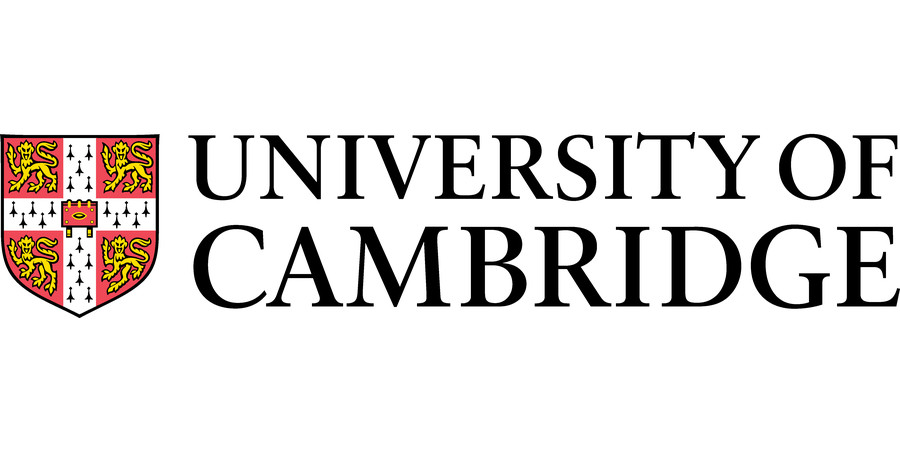PhD Studentship: CRUK CI PhD Studentship: Defining the Role of the Pioneer Factor FOXA1 in Hormone-dependent Cancer
University of Cambridge - Cancer Research UK Cambridge Institute
| Qualification Type: | PhD |
|---|---|
| Location: | Cambridge |
| Funding for: | UK Students, EU Students, International Students |
| Funding amount: | See advert for details |
| Hours: | Full Time |
| Placed On: | 15th September 2025 |
|---|---|
| Closes: | 24th October 2025 |
| Reference: | SW47277 |
Supervisor: Professor Jason Carroll
Course start date: 1st October 2026
Project details
For further information about the research group, including their most recent publications, please visit their website at www.carroll-lab.org.uk
FOXA1 is a pioneer factor in Estrogen Receptor positive breast cancer (which constitute 75% of all breast cancer cases) and prostate cancer. FOXA1 can associate with compacted chromatin to facilitate opening of the chromatin and subsequent recruitment of nuclear receptor transcription factors, such as Estrogen Receptor (ER) and Androgen Receptor (AR). The FOXA1/ER pathway in ER+ breast cancer and the FOXA1/AR transcriptional pathway in prostate cancer are the defining and driving mediators in these two major cancer types. Since FOXA1 is the 'foundation block' of the ER and AR pathways in breast and prostate cancer, respectively, it has been an attractive drug target, since all known treatment resistance mechanisms are downstream of, and dependent on FOXA1. However, FOXA1 has been a difficult protein to study for technical reasons. We have developed a novel tool to be able to screen all FOXA1 amino acids, using saturation mutagenesis screens, in order to identify amino acid residues that are important for FOXA1 to function. We aim to use this approach to identify post-translational modifications (PTMs) on FOXA1 that are critical for its ability to cause tumour growth and metastasis, with the goal of finding novel ways of therapeutically blocking FOXA1. Current Mass Spectrometry approaches have been unable to assess most of the FOXA1 protein for PMTs, but new Mass Spectrometry methods such as 'top-down' approaches permit an unprecedented opportunity to identify all PTMs that exist on this protein. We have recently acquired state-of-the-art Mass Spectrometry equipment that permits a comprehensive identification of all the FOXA1 PTMs. The project will involve coupling the saturation mutagenesis screens with novel Mass Spec approaches to discover and functionally characterise critical amino acids on the FOXA1 protein. The long-term goal is to discover novel ways of regulating FOXA1 and potentially treating people with hormone-dependent breast and prostate cancer.
References/further reading
FOXA1 is a key determinant of estrogen receptor function and endocrine response.
Nat Genet. 2011 Jan;43(1):27-33. pubmed.ncbi.nlm.nih.gov/21151129
Pioneer transcription factors: establishing competence for gene expression.
Genes Dev. 2011 Nov 1;25(21):2227-41 pubmed.ncbi.nlm.nih.gov/22056668
FOXA1 mutations alter pioneering activity, differentiation and prostate cancer phenotypes. Nature. 2019 Jul;571(7765):408-412. pubmed.ncbi.nlm.nih.gov/3124337
Top-down proteomics. Nat Rev Methods Primers. 2024;4(1):38. pubmed.ncbi.nlm.nih.gov/39006170
Funding
This four-year studentship is funded by Cancer Research UK Cambridge Institute and includes full funding for University fees and an index-linked stipend starting at £22,500.
Eligibility
We welcome applications from both UK and overseas students.
Applications are invited from recent graduates or final-year undergraduates who hold or expect to gain a First/Upper Second Class degree (or equivalent) in a relevant subject from any recognised university worldwide.
How to apply
Please apply via the University Applicant Portal. For further information about the course and to access the Applicant Portal, click the 'Apply' button above.
You should select to commence study in October 2026.
Deadline
The closing date for applications is 24th October 2025 with interviews expected to take place in the week beginning 5th January 2026.
The University actively supports equality, diversity and inclusion and encourages applications from all sections of society.
The University has a responsibility to ensure that all employees are eligible to live and work in the UK.
Advert information
Type / Role:
Subject Area(s):
Location(s):









